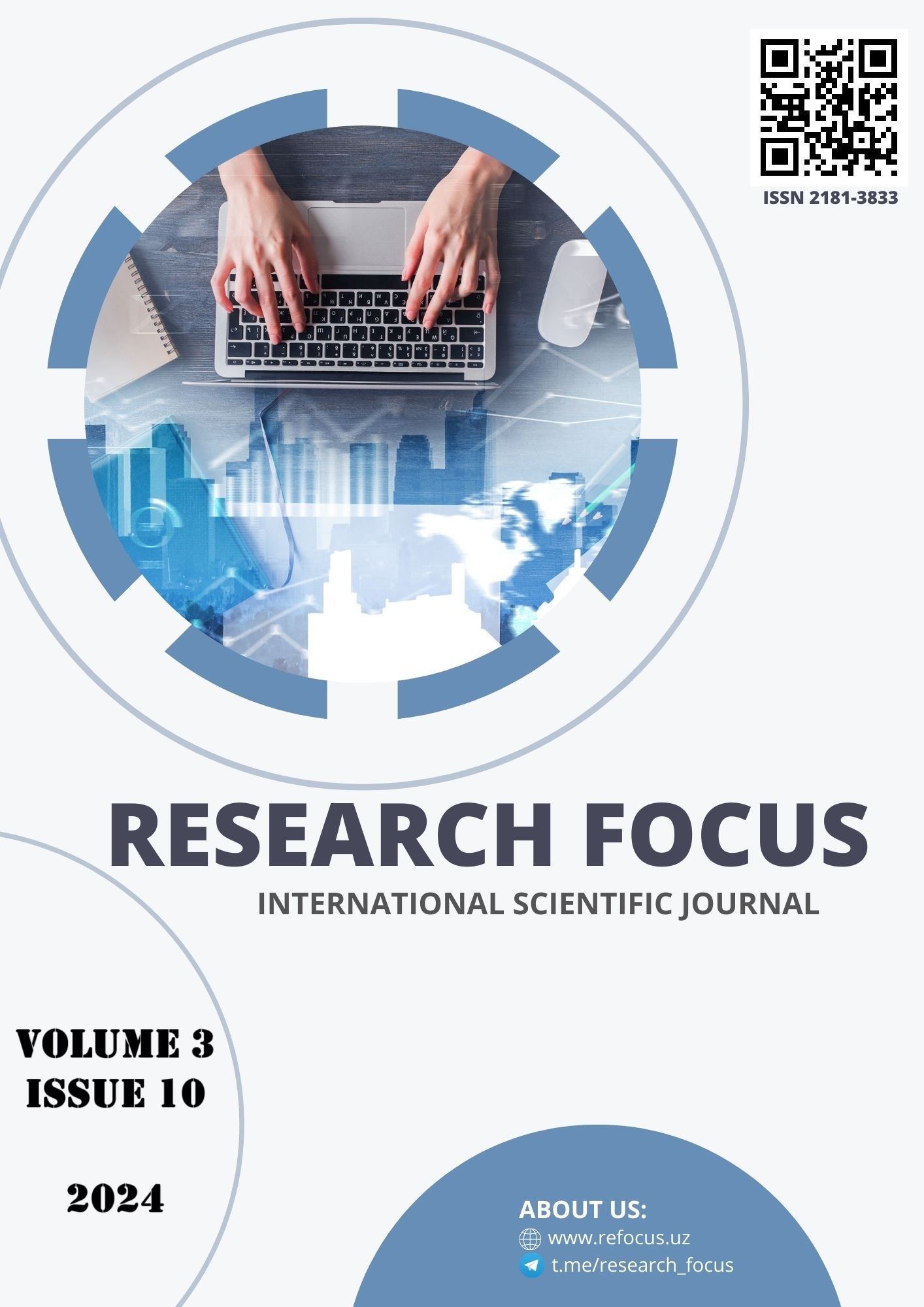PEDAGOGICAL FEATURES OF FORMATION OF PROFESSIONAL COMPETENCE IN STUDENTS
Main Article Content
Abstract
This paper examines the pedagogical features of developing professional competence in students, which is vital for their successful transition into the workforce. As educational systems shift towards more competency-based models, understanding the methodology for nurturing key skills and knowledge in students has gained significance. This study explores various educational approaches, learning environments, and teaching strategies that facilitate the formation of professional competence. Drawing from theoretical frameworks and practical case studies, it highlights the essential components that educators must focus on to foster competence. The results show that integrating active learning, practical experience, and feedback mechanisms within the curriculum significantly enhances student competence.
Article Details

This work is licensed under a Creative Commons Attribution 4.0 International License.
References
Kolb, D. A. (1984). Experiential Learning: Experience as the Source of Learning and Development. Prentice Hall.
Vygotsky, L. S. (1978). Mind in Society: The Development of Higher Psychological Processes. Harvard University Press.
Piaget, J. (1972). The Psychology of the Child. Basic Books.
Hattie, J. (2009). Visible Learning: A Synthesis of Over 800 Meta-Analyses Relating to Achievement. Routledge.
Biggs, J., & Tang, C. (2011). Teaching for Quality Learning at University. Open University Press.

